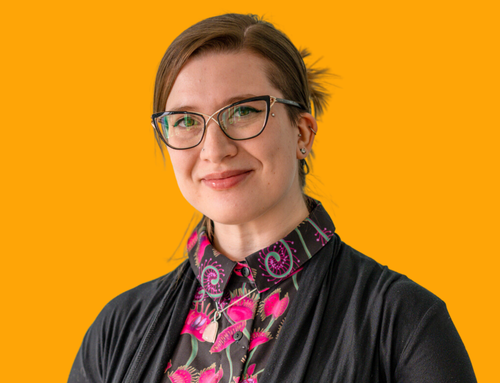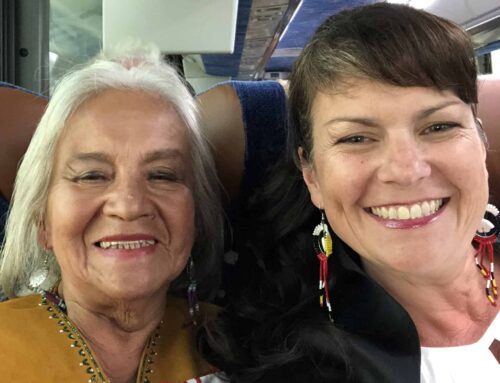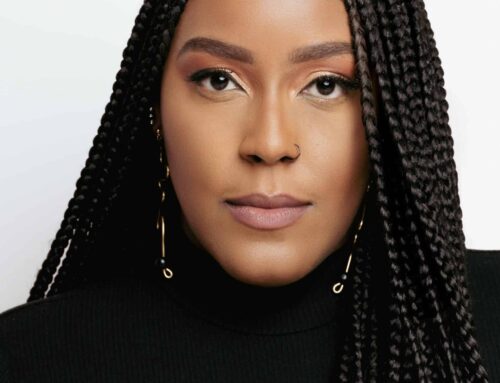The Village Bloggurls program is a weekly girls' leadership, media literacy and production program in Lotherton Village and Westminster- Branson. The core program provides girls in two communities with creative opportunities to address issues including systemic violence, representation of women in the media, and societal expectations. Activities like writing a blog, producing a zine, and social media posts provide a platform for expression, reflection, connection, and support.
The Bloggurls were recipients of the 2014 Landsberg Community Award and are current grantees of the Canadian Women’s Foundation through North York Community House – they’ve received a grant of $160,000 over 4 years (2016-2020).
The following post is from a zine the group produced called Re-Imagining: The Future. In the zine the girls tackle some tough questions, including “What does a world without street harassment look like?” and “How can we address mental health in schools?” You can read more of their work on their website.
By: Vanessa Tang, Affernia Baker, Sophia Mac, Jiale Deng and Michelle Dao
Vanessa: In magazines we often see white women more than we see women of colour. And even when we do see women of colour, they’re most likely a lighter skin tone. Darker-skinned girls are barely represented. The funny thing is that magazines are supposed to target all women but they only cater to one type. Why?
Sophia: Yeah, it’s because of the patriarchy that women adhere to a man’s expectations and standard of beauty. This means that sadly, girls of colour are seen as ‘lesser than’ and at a young age we learn to correlate dark as ugly and light as pretty.
Michelle: I know! I hate that even if the magazines try to be inclusive there’s always someone who’s left out like trans women, women with disabilities, the list goes on… Why?
Affernia: Because magazines are designed through the male gaze.
Holly: What’s that?
Jiale: The male gaze is when men (mostly white men) create media that shows how women should look based on their point of view (in terms of their entitlement towards and power over women).
Affernia: I see this in television, film, art, commercials, even novels!
Vanessa: That’s not fair. Why should men get to decide how we should be portrayed?
Sophia: They’ve been taught that they have the right to, because men control so much of society.
Affernia: AND they do this to please a male audience. Everyone else feels unworthy because they’re shown as objects rather than people. It normalizes the male gaze as the right way to look at media, which is toxic to women!
Vanessa: You know, sometimes I feel like I don’t matter in this world. Messages in visual media are constantly telling me that because I’m different, I’m undeserving of praises or representation in magazines. It devalues my whole existence as a woman of colour.
Michelle: That’s a valid feeling. All of this exclusion! It just feels like we can’t be ourselves and look the way we want to without being told that we aren’t ‘normal’.
Affernia: We also lose our confidence because we feel the need to look like someone else to fit in. We lose our individuality and uniqueness.
Jiale: Finish this sentence: We want to fight for a world…
Sophia: …where girls of all colours, shapes, and abilities can feel included and represented in magazines.
Vanessa: … where the male gaze is no longer normalized in society and women control images of themselves.
Michelle: …where we reinvent magazines by taking control of the standard of beauty, which can help girls like us learn that we’re inherently worthy.
Holly: We need to challenge those men in power and the power that they have.
Jiale: Yeah, maybe we can create a transparent page with the makeup products so when you put it over your skin you can see if it complements and matches with your skin tone!
Affernia: Oh, what about having virtual magazines that you can personalize! There could be a device that scans your skin tone and then the magazine recommends the right products for it! This would allow all types of girls to feel included and represented in the magazines because they have the power to decide what images they want to see.
Michelle: That would be so useful! If I had those things I could look at magazines from my perspective, not filtered through the male gaze and unrealistic beauty standards.
Everyone: The only way to take control of our representation is to do it ourselves.
Learn More:
- What’s Possible in a World That’s Girl-Powered?
- A Message to High School Students: Ignore Gender Stereotypes and Do What You Love
- Self-Esteem 101: Dey Ain’t No Betta Than You
- When Have You Defied a Stereotype?
- Sign up for our e-newsletter to have our latest stories and resources sent to your inbox.
- Follow us on Facebook and Twitter to join a national conversation about gender equality.








